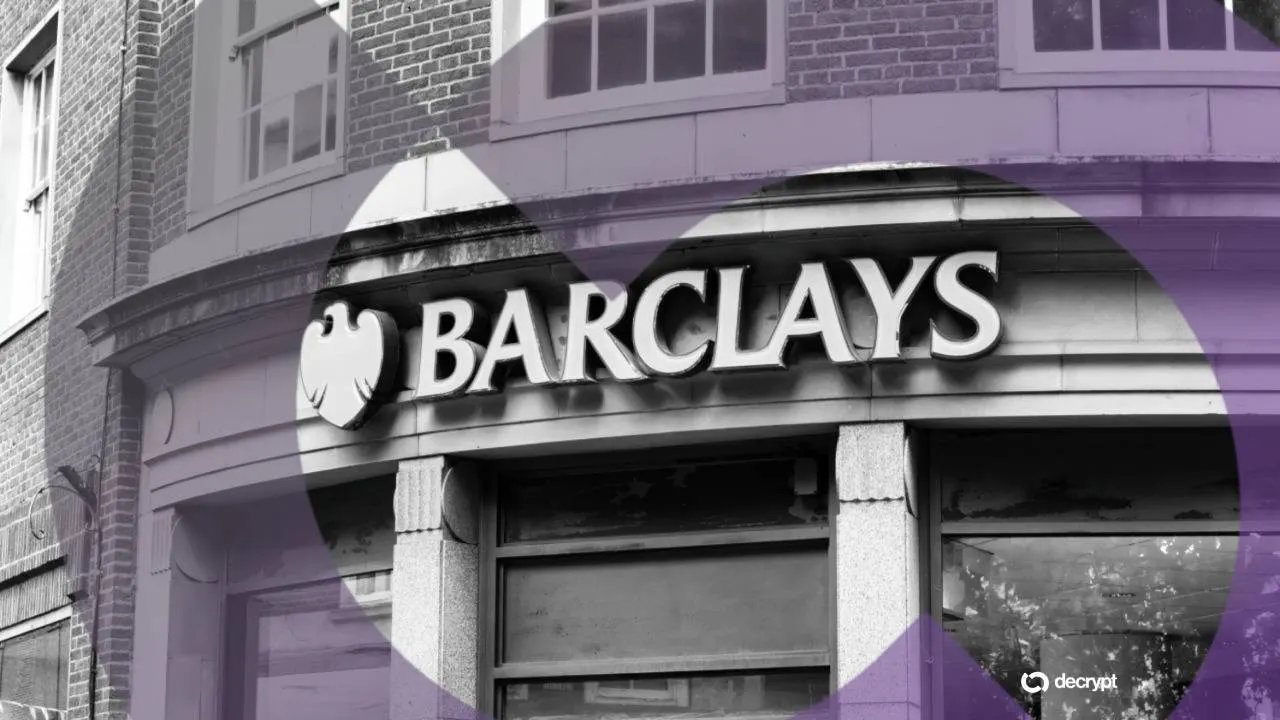Barclays has joined a growing list of UK banks imposing restrictions on crypto transactions after blocking its customers from purchasing cryptocurrencies with their credit cards.
Announcing the move on its Barclaycard website, Barclays said, “From 27 June 2025, we’ll block crypto-transactions made with a Barclaycard because we recognise there are certain risks with purchasing crypto-currencies.”
The bank went on to explain that it has imposed the block because a decline in cryptocurrency prices could land its customers in debt, while adding that digital assets aren’t covered by existing banking and financial protections.
Barclays move comes after reports that the UK’s financial regulator, the Financial Conduct Authority, is seeking to introduce a blanket ban on all cryptocurrency purchases involving credit.
Outlining its concerns in a discussion paper, the FCA said, “We are concerned that consumers buying crypto assets with credit may take on unsustainable debt, particularly if the value of their crypto asset drops and they were relying on its value to repay.”
The same paper also cited a YouGov survey which found that 14% of UK-based cryptocurrency investors had used some kind of credit card or credit facility to purchase crypto as of August 2024, up from 6% in August 2022.
Barclays decision to stop its customers using their credit cards for cryptocurrency transactions also comes after similar moves by Chase UK, HSBC and Nationwide in 2023.
In Nationwide’s case, it set a £5,000 (approximately $6,860) spending limit on crypto payments using debit cards, which come directly from a customer’s checking account.
Going even further, Chase UK prevented its customers from making any kind of transaction to cryptocurrency exchanges and services, whether from a customer’s credit or debit card.
This crosses a line for some cryptocurrency experts, with analyst and author Glen Goodman telling Decrypt that, while he can sympathize with a bank stopping the use of credit for crypto purchases, he doesn’t think it’s right that it can stop someone from spending their own money.
“If Barclaycard doesn't want to lend money to crypto traders, that's up to them,” he said. “They need to manage their own risk as they see fit, and they make a good point that crypto losses are never covered by the financial services compensation scheme.”
However, Goodman added that it really “annoys” him when UK banks refuse to let people send their own money from their own bank account to a crypto trading account.
“And that happens more often than you might think," he adds.
UK banks blocking crypto purchases
Indeed, some UK banks—such as Barclays and Lloyds—have prevented transfers of any kind to Binance for several years now, while TSB and Santander have banned all crypto purchases since 2021 and 2022, respectively.
Despite regarding such actions as examples of overreach, Goodman does caution against using debt to trade cryptocurrency, given the risks involved.
"Experienced crypto traders often borrow money to trade, just as advanced stock market traders do,” he says. “But it takes skill to manage your risk sensibly and a lot of traders go broke when they get it wrong.”

